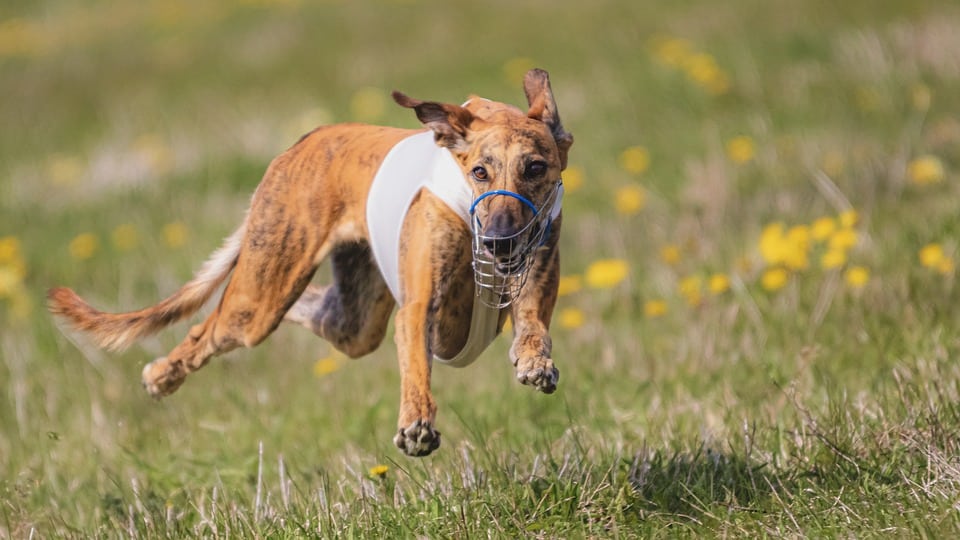Caring for Senior Dogs: The Special Considerations You Need to Know

As dog owners, we want to provide the best care for our furry friends throughout their lives. But as our dogs age and become seniors, their needs often change, requiring special considerations to ensure they stay happy and healthy. Here are some important things to know when caring for your senior dogs:
1. Regular Vet Check-ups

Schedule regular check-ups with your veterinarian to monitor your senior dog’s overall health and detect any potential issues. Older dogs are more prone to age-related conditions such as arthritis, dental problems, and organ dysfunction. Early detection allows for prompt treatment and improves your dog’s quality of life.
2. Age-Appropriate Diet

Senior dogs have different nutritional requirements compared to younger ones. As they become less active, their caloric needs decrease to prevent weight gain. Additionally, specific supplements can help support joint health, brain function, and overall vitality. Consult with your vet to choose the right diet and supplements for your senior dog.
3. Exercise and Mental Stimulation

While your senior dog may not have the same energy levels as before, regular exercise is crucial to maintain their muscle tone, joint mobility, and mental well-being. Adjust the intensity and duration of physical activities to match their capabilities, and provide mental stimulation through interactive toys and puzzles to keep their minds sharp.
4. Comfort and Accessibility

Make sure your senior dog has a comfortable bed that supports their aging joints and provides insulation from cold floors. Consider using ramps or stairs to help them access higher surfaces like sofas or beds if jumping becomes difficult. Adequate lighting, especially at night, helps reduce disorientation and minimizes the risk of injury.
5. Grooming and Hygiene

Senior dogs may develop skin issues, dental problems, and impaired hearing or vision. Regular grooming, including brushing their coat, cleaning ears and teeth, and clipping nails, becomes even more important to prevent discomfort and maintain their overall hygiene. Be gentle and patient during these grooming sessions.
FAQs
Q: How often should I take my senior dog to the vet?
A: It is recommended to schedule at least two veterinary check-ups per year for senior dogs. However, some conditions may require more frequent visits, so always consult with your vet for personalized advice.
Q: Are there any special exercise requirements for senior dogs?
A: Senior dogs benefit from regular exercise, but it should be adapted to their abilities. Shorter walks or gentle play sessions are ideal to prevent exhaustion or strain on their joints. Avoid intense activities that may cause injury or discomfort.
Q: Should I change my senior dog’s diet?
A: Yes, older dogs have different nutritional needs. Consult with your veterinarian to choose a diet specifically formulated for senior dogs that addresses their age-related issues, including joint support and maintaining a healthy weight.
Q: How can I help my senior dog with cognitive decline?
A: Cognitive decline, similar to Alzheimer’s disease in humans, is common in senior dogs. Providing mental stimulation, routine, and using interactive toys can help slow down cognitive decline and keep their minds active. You can also discuss supplements or medications with your veterinarian.

